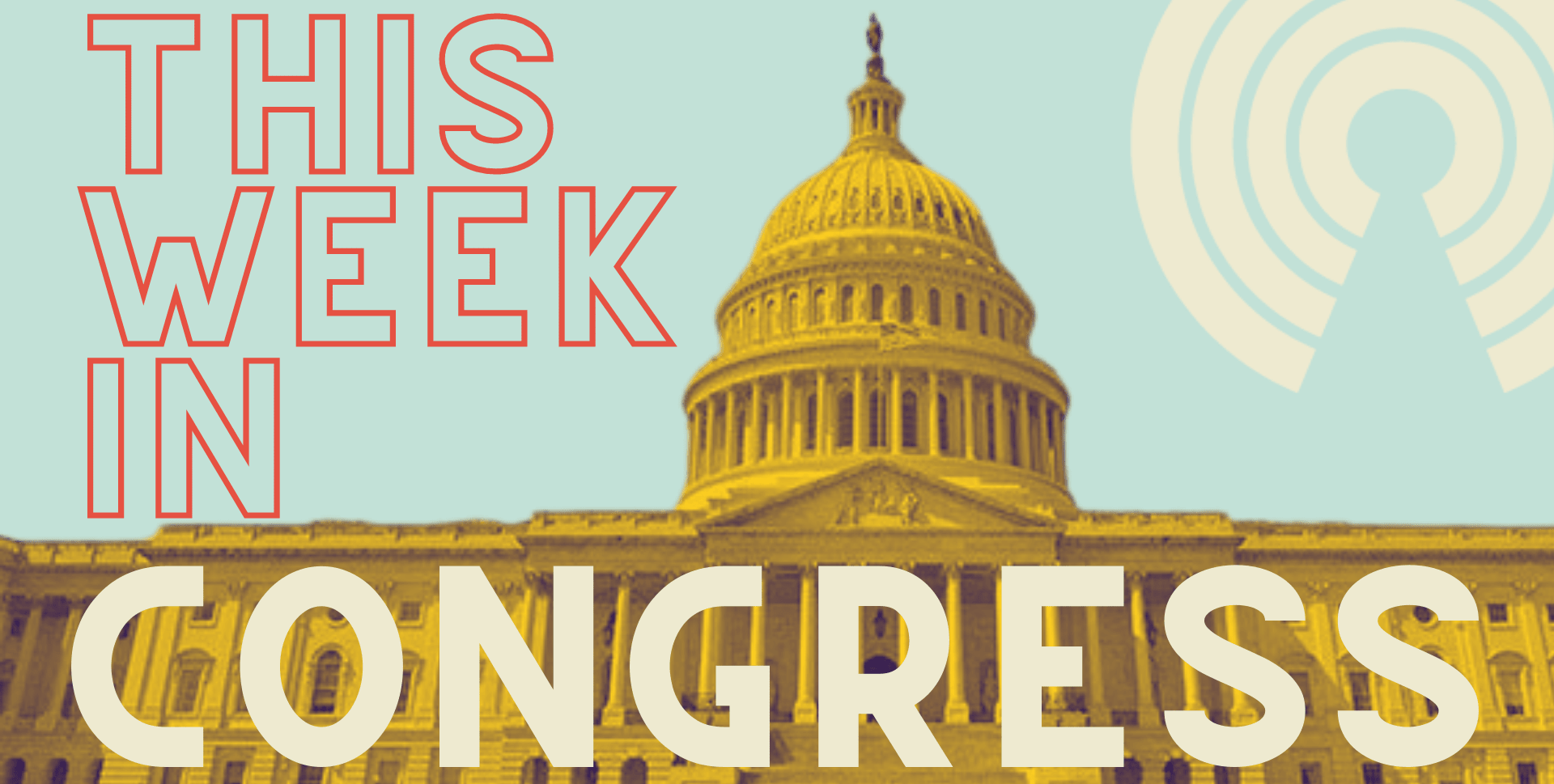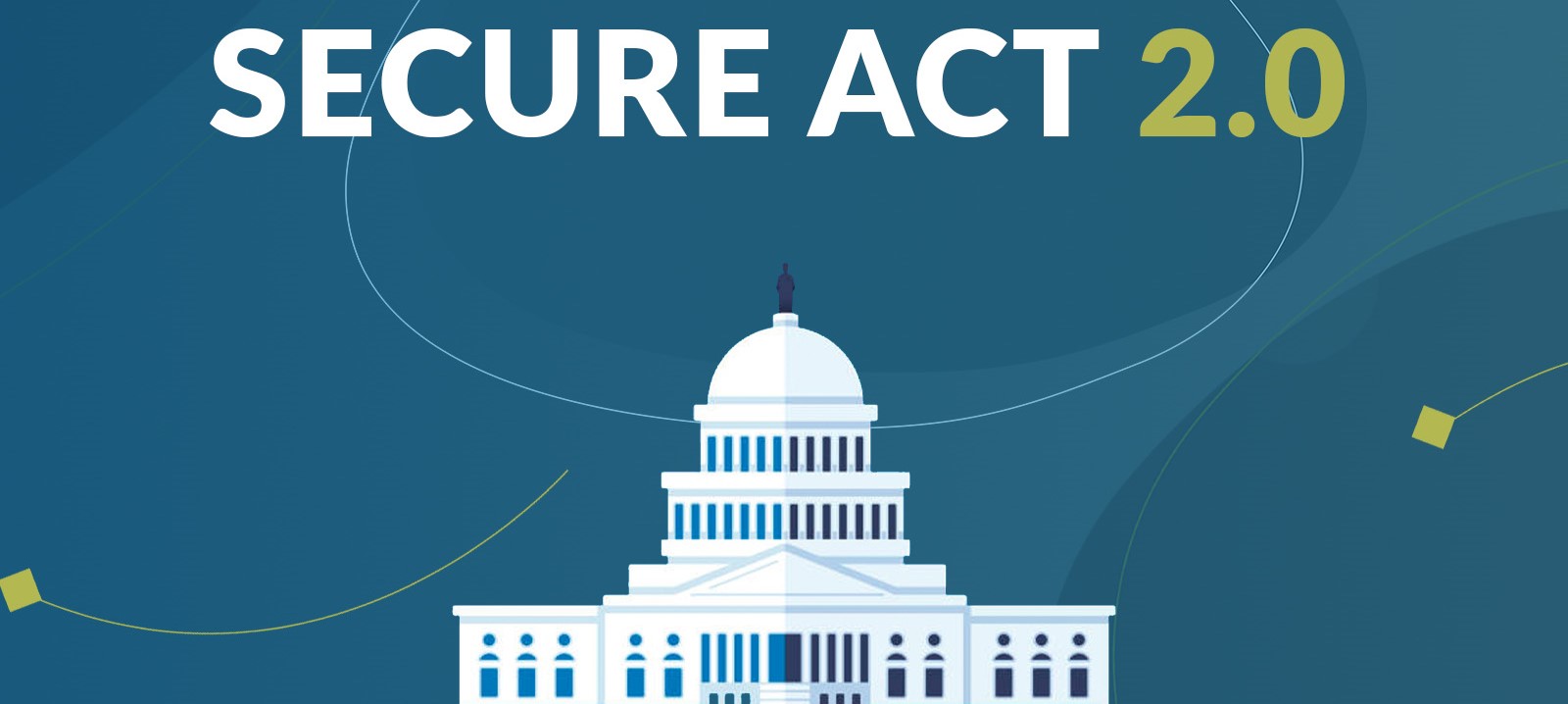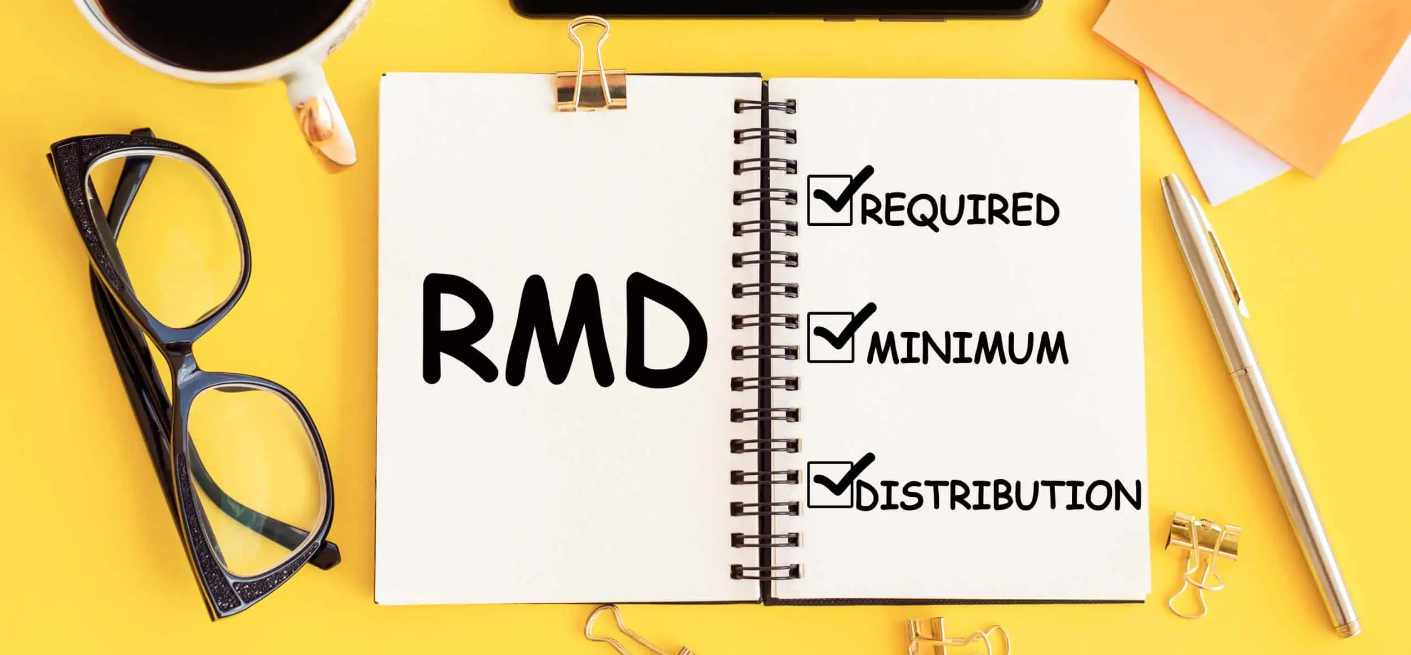Congress is considering the passage of a $1.65 trillion spending bill that contains a number of retirement savings plan provisions. As of this morning (December 21), the bill has not been passed, and both houses of Congress only have until this Friday (December 23) to do so. Consequently, if the bill passes, you can expect President Biden to sign the bill immediately.
SECURE 2.0 Act of 2022
The retirement provisions Congress is considering are known as the SECURE 2.0 Act of 2022. The new provisions build on the original SECURE Act of 2019. But for IRA owners, the SECURE 2.0 changes are less dramatic than the original SECURE Act changes. For example, there’s no provision comparable to the elimination of the stretch IRA and replacement by a 10-year payout rule. In addition, many SECURE 2.0 provisions don’t kick in until 2024 or even later.
Required Minimum Distributions
One important change would delay the age when required minimum distributions (RMDs) are first required. Under the proposed bill, the first RMD year would be age 73 starting in 2023. Eventually, by 2033, the first RMD year would start at age 75. The bill also contains a number of new exceptions to the 10% early distribution penalty for withdrawals before 59 ½. Specifically, these exceptions include cases of domestic abuse, emergencies, and terminal illness. These new exceptions have different effective dates.
As a way of paying for the new retirement provisions, the bill requires certain plan contributions to be after-tax Roth contributions. For example, SIMPLE and SEP plans would be able to accept Roth contributions. Additionally, plan catch-up contributions for higher-income individuals would be required to be Roth contributions. Other changes include expanding qualified charitable contributions (QCDs), reducing penalties for missing RMDs, and indexing of the IRA catch-up contribution. Furthermore, changes also include automatic enrollment in newly-created plans, the elimination of lifetime RMDs for Roth 401(k)s, and higher catch-up contributions.
We will continue to follow this proposed legislation. If it passes, we’ll provide a more complete summary.
By Ian Berger, JD
IRA Analyst











